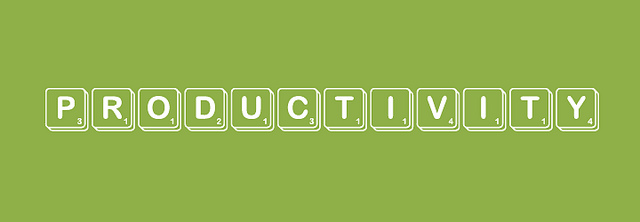Do you want your memos, emails, and presentations to improve?
READ IT OUT LOUD.
Before you share those documents with anyone, read the text out loud and evaluate if it sounds weird or doesn’t flow well. It is also a good way to search for typos.
Do you want your memos, emails, and presentations to improve?
READ IT OUT LOUD.
Before you share those documents with anyone, read the text out loud and evaluate if it sounds weird or doesn’t flow well. It is also a good way to search for typos.
I wanted to end the year with a quick and useful career video.
Ever find yourself trying to shut down a call quickly by telling people why something won’t work? It may be easier for you, but it tends to make your audience defensive.
The simple advice of this video is don’t start with no. Instead try to improve or enhance someone else’s idea without shutting them down completely.

It all boils down to the essentials and these essentials are the same when it comes to presenting. If you get these wrong, it’s your audience that become members of the undead, growling and snarling.
http://www.masterpresenting.com/2014/10/29/stopping-zombie-presenting/
The aim of the discomfort caveat is to disarm the person, to keep them from becoming defensive. When someone hears that you are uncomfortable and that the conversation is difficult for you, it increases the likelihood that they will approach what you have to say with empathy. After using this opening, you can then delve deeper into what bothers you, what you think and feel in the aftermath of whatever happened (why anger emerged instead of other feelings).
http://greatergood.berkeley.edu/article/item/the_right_way_to_get_angry?
In your day-to-day life, there are things that fill your bucket up. These are inputs like sleep, nutrition, meditation, stretching, laughter, and other forms of recovery.
There are also forces that drain the water from your bucket. These are outputs like lifting weights or running, stress from work or school, relationship problems, or other forms of stress and anxiety.
Do:
Ask questions and get clarifications — it’s critical to understand the specific ways you can improve
Take the initiative to make a detailed plan of action
Remember to see the value in feedback — it can be a springboard for positive change
Don’t:
Get angry or argue with the feedback — you’ll only make things worse
Turn only to sympathetic friends to vent — you also need honest mirrors to make sense of the review
Consider the review the final word — how you react to the feedback is far more important
http://blogs.hbr.org/2014/10/what-to-do-after-a-bad-performance-review/
A great question I love is challenges. “What kind of challenges did you have at work this week? What kind of challenges do you have living in this part of the country? What kinds of challenges do you have raising teenagers?” Everyone has got challenges. It gets people to share what their priorities in life are at that point in time.
http://lifehacker.com/generate-better-small-talk-by-asking-about-challenges-1651767365